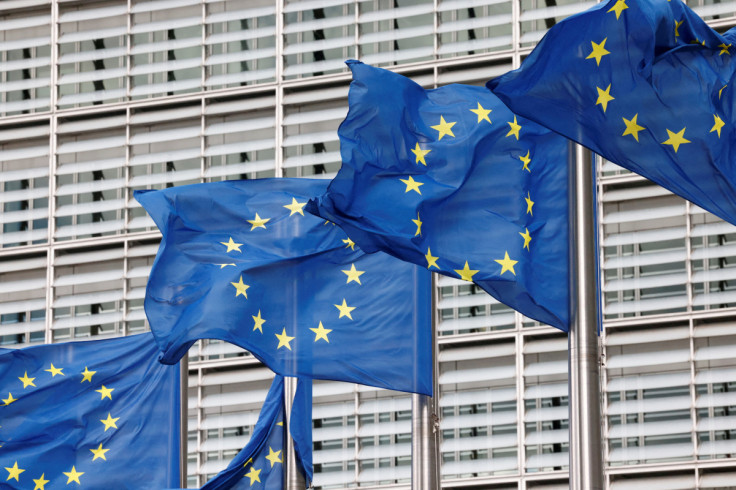Seven EU Countries Oppose New EU Funding As Response To U.S. Subsidy Plan - Letter

Plans by the European Commission to create new European Union funding for the green industry are facing mounting opposition in the 27-nation bloc, as seven EU countries openly rejected the idea in a letter to the EU executive.
The letter, seen by Reuters and dated Jan. 26, was signed by the Czech Republic, Denmark, Finland, Austria, Ireland, Estonia and Slovakia and addressed to the European Commission vice president responsible for trade, Valdis Dombrovskis.
Germany, the Netherlands and Belgium, while not signatories to the letter, also oppose any new joint EU borrowing, further expanding the list of countries likely to vote against such plans when EU leaders meet to discuss them on Feb. 9-10.
All 10 countries say the EU should be using funds already approved instead of seeking more money.
The Commission, responsible for fair competition in the 27-nation EU, believes new funds are needed to even out the abilities of poorer and richer countries to help their green industries against competition from China and the United States.
EU officials are especially worried that the U.S. Inflation Reduction Act, which offers $369 billion in subsidies to firms producing electric vehicles, batteries, wind turbines or hydrogen in the U.S., will lure away EU firms.
The fight to keep Europe attractive for the green industry is made even more difficult by energy prices, which are much higher in the EU than in the U.S., and by the often long EU permitting processes for green investment.
European Commission President Ursula von der Leyen said last week the EU would prepare a law to make life easier for its green industry and back it up with state aid and a European Sovereignty Fund, as well as a more immediate funding "bridging solution", to keep businesses from moving to the United States.
But in their letter, the seven countries said the EU should first spend the money it had already agreed to raise through the 800 billion euro post-pandemic recovery and resilience fund (RRF) of grants and cheap loans.
"We have to ensure that the economy can better absorb the already agreed EU funding," the seven countries wrote. "So far, only around 100 billion euros of the total of 390 billion euros of the RRF grants have been used."
"Further, there is still an unused loan capacity available in the RRF. Any additional measures should be based on a thorough analysis by the Commission of the remaining financing gap, and no new funding should be introduced," they said.
Germany, the Netherlands and Belgium share that view, pointing to unused loans from the recovery fund that governments have not claimed because they preferred grants.
The letter said that instead of looking for new money, the EU should cut red tape for investments and make progress on its Capital Markets Union, a project that has been dragging on since 2014.
A Capital Markets Union would boost the use of private capital across the EU.
($1 = 0.9179 euros)
© Copyright Thomson Reuters {{Year}}. All rights reserved.





















